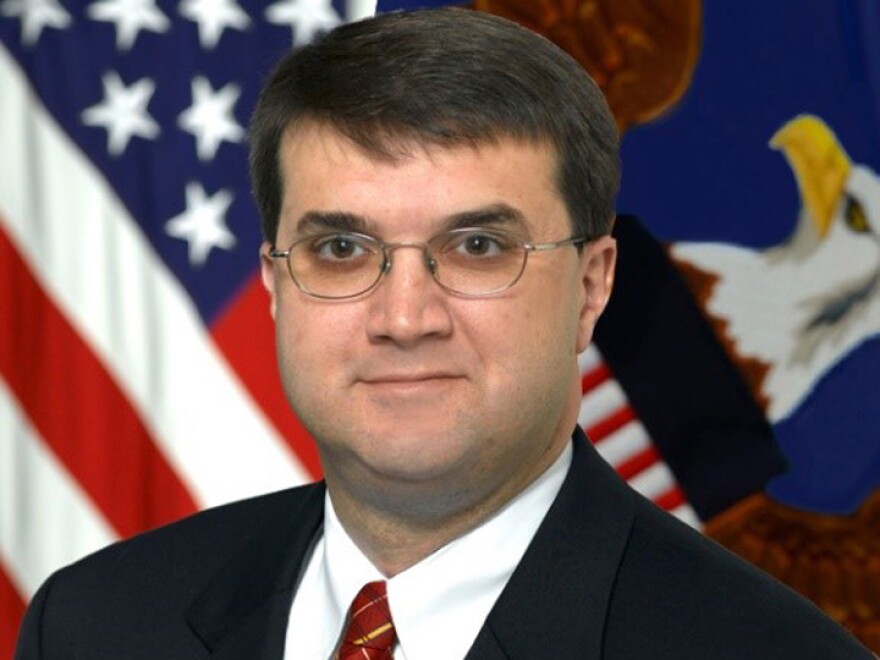After months of tumult, Pentagon official Robert Wilkie is expected to become secretary of Veterans Affairs when the Senate votes Monday to confirm him, taking on the task of fulfilling President Donald Trump's promises to fire bad VA employees and steer more patients to the private sector.
Wilkie is Trump's third pick for the job in 18 months. The long-time public official says he will "shake up complacency" at VA, which has struggled with long waits in providing medical treatment to millions of veterans.
He is expected to easily win confirmation after a Senate panel approved his nomination earlier this month. Only Sen. Bernie Sanders of Vermont at the time voted "no," citing concerns the Trump administration would "privatize" VA.
If confirmed, Wilkie, 55, was expected to be sworn into office quickly, the White House has told some veterans groups, possibly joining Trump at the Veterans of Foreign Wars national convention Tuesday in Kansas City. VFW has left a slot open for the "VA secretary" to speak before Trump addresses the convention.
Trump selected Wilkie for the post in May after firing his first VA secretary, David Shulkin, amid ethics charges and internal rebellion at the department over the role of private care for veterans. Trump's initial replacement choice, White House doctor Ronny Jackson, withdrew after allegations of workplace misconduct surfaced.
Wilkie, a former assistant secretary of defense under President George W. Bush, has received mostly positive reviews from veterans' groups for his management experience, but the extent of his willingness to expand private care as an alternative to government-run VA care remains largely unknown.
During his confirmation hearing, the Air Force and Navy veteran insisted he would not privatize the government's second-largest agency of 360,000 employees and would make sure VA health care is "fully funded." When pressed by Sen. Jon Tester, the top Democrat on the panel, if he would be willing to disagree with Trump, Wilkie responded "yes."
"I have been privileged to work for some of the most high-powered people in this town," said Wilkie, currently a Pentagon undersecretary for Defense Secretary Jim Mattis. "They pay me for their opinions, and I give those to them."
Wilkie would be charged with carrying out a newly signed law by Trump to ease access to private health providers. That law gives the VA secretary wide authority to decide when veterans can bypass the VA, based on whether they receive "quality" care. Major veterans' groups see VA medical centers as best-suited to veterans' specialized needs, such as treatment for post-traumatic stress.
Wilkie also would have more power under a new accountability law to fire VA employees. Lawmakers from both parties have recently raised questions about the law's implementation, including how whistleblower complaints are handled.
Republican Sen. Johnny Isakson of Georgia, chairman of the Senate Veterans Affairs Committee, praises Wilkie as "eminently qualified," saying he will "bring stability and leadership" to VA.
Wilkie served as acting VA secretary after Shulkin's firing in March, before returning to his role as Pentagon undersecretary.
If confirmed, he would replace current acting VA secretary Peter O'Rourke. Since taking over the acting role in late May, O'Rourke has clashed with the VA inspector general, initially refusing to release documents relating to VA whistleblower complaints and casting the independent watchdog as an underling who must "act accordingly." Under pressure from Congress, the VA agreed last week to provide documents to the IG.

